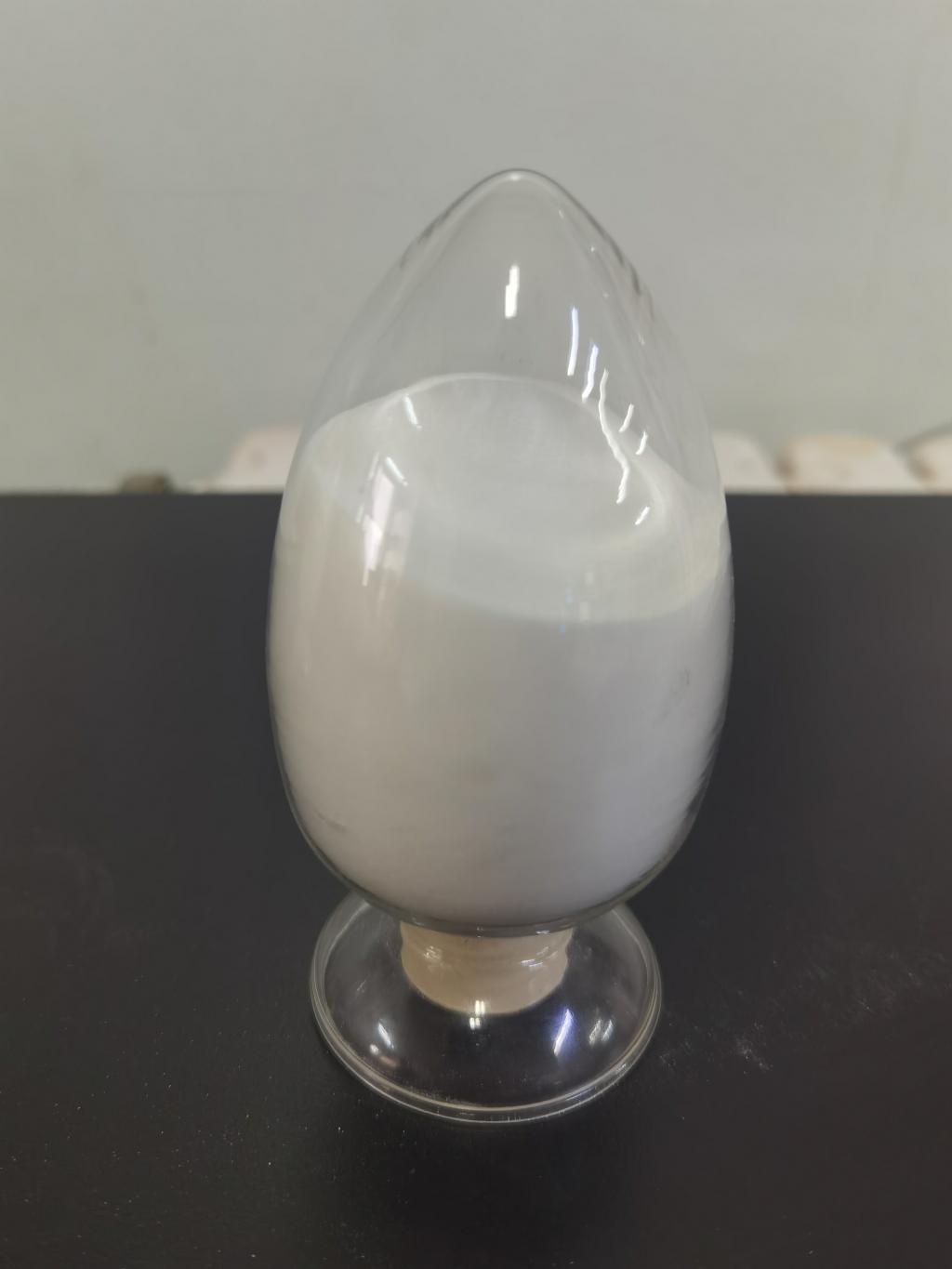Tel:+8618231198596

News
 CONTACT
CONTACT
 CONTACT
CONTACT
- Linkman:Linda Yao
- Tel: +8618231198596
- Email:linda.yao@dcpharma.cn
- Linkman:CHARLES.WANG
- Department:Overseas
- Tel: 0086 0311-85537378 0086 0311-85539701
News
ε-Polylysine Hydrochloride Factory Made: Navigating the Landscape of Food Safety Education.
TIME:2023-10-16
Introduction:
Food safety is a paramount concern for consumers and the food industry alike. While food safety regulations and standards play a crucial role in ensuring the quality of the global food supply, education is equally vital. Consumers must be aware of food safety principles to protect themselves from foodborne illnesses, and the food industry must harness innovative tools and ingredients to enhance food safety. ε-Polylysine hydrochloride, a natural antimicrobial peptide, is one such tool that can significantly contribute to food safety. However, its role is often underestimated or overlooked. This article delves into the importance of food safety education, the properties and mechanisms of ε-polylysine hydrochloride, and its applications in the food industry.
The Significance of Food Safety Education:
Public Health: Foodborne illnesses can have severe health consequences, ranging from mild discomfort to hospitalization or even death. Consumer awareness is crucial for reducing the incidence of foodborne diseases.
Consumer Confidence: Knowledge about food safety practices and the use of safe ingredients in food products can enhance consumer trust and confidence in the food supply.
Industry Responsibility: Food manufacturers, retailers, and restaurateurs have a responsibility to provide safe and wholesome food. Education is a key driver for the industry to meet this obligation.
Preventing Food Waste: Consumers educated about food safety are less likely to mishandle food, leading to reduced food waste.
Properties and Mechanisms of ε-Polylysine Hydrochloride:
ε-Polylysine hydrochloride is a natural antimicrobial peptide with several properties and mechanisms of action that make it an invaluable tool for food safety:
Antimicrobial Activity: ε-Polylysine hydrochloride effectively inhibits the growth of various bacteria and molds responsible for spoilage and foodborne illnesses.
Broad-Spectrum Effect: It targets a wide range of microorganisms, reducing the risk of contamination.
Low Concentration Requirement: ε-Polylysine hydrochloride is effective at low concentrations, minimizing sensory impacts on food products.
Biodegradability: It is biodegradable and environmentally friendly, aligning with sustainability goals.
Applications of ε-Polylysine Hydrochloride in the Food Industry:
ε-Polylysine hydrochloride has applications in various aspects of the food industry to enhance food safety:
Food Preservation: It can be added to a wide range of products, such as meat, poultry, seafood, and dairy, to extend shelf life by inhibiting microbial growth.
Clean Label Products: ε-Polylysine hydrochloride aligns with the growing consumer preference for clean-label, natural ingredients in food products.
Control of Pathogens: It is effective in controlling foodborne pathogens like Salmonella, Listeria, and E. coli.
Sustainable Food Production: The use of ε-Polylysine hydrochloride contributes to reduced food waste and environmental sustainability.
Bridging the Gap: The Importance of Food Safety Education:
Consumer Awareness: Educating consumers about the risks of foodborne illnesses, proper food handling, and the benefits of safe food ingredients is essential.
Scientific Communication: Bridging the gap between scientific research and public understanding is vital to ensure that innovative food safety tools, like ε-Polylysine hydrochloride, are used effectively.
Consumer Engagement: Involving consumers in food safety initiatives, such as understanding food labels, can empower them to make informed choices.
Regulatory Compliance: Ensuring that food safety education aligns with regulatory standards can lead to safer practices in the food industry.
Conclusion:
Food safety education is a cornerstone of public health and consumer protection. Consumers and the food industry must work in unison to enhance food safety practices and reduce the incidence of foodborne illnesses. ε-Polylysine hydrochloride, with its natural origin, broad-spectrum antimicrobial activity, and sustainability, is a valuable tool in this endeavor. It is vital to bridge the gap between scientific knowledge and public awareness to promote food safety and protect consumer well-being. By understanding the significance of food safety education and recognizing the benefits of innovative tools like ε-Polylysine hydrochloride, we can create a safer and healthier food system for all.
- Tel:+8618231198596
- Whatsapp:18231198596
- Chat With Skype







